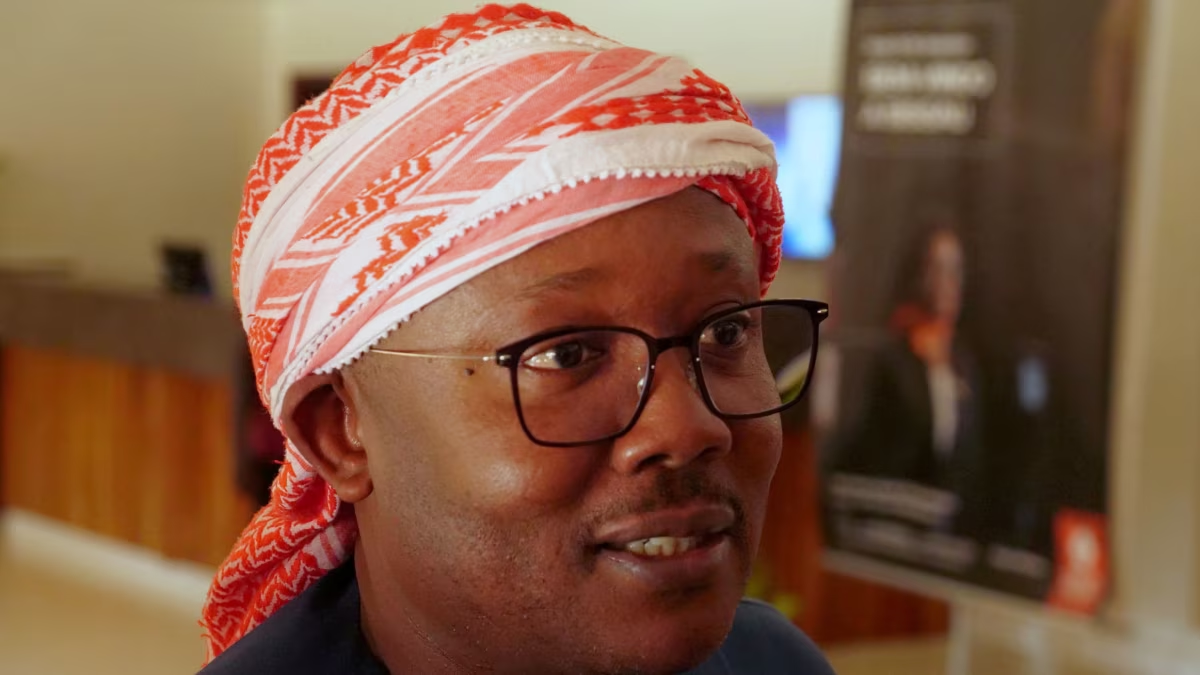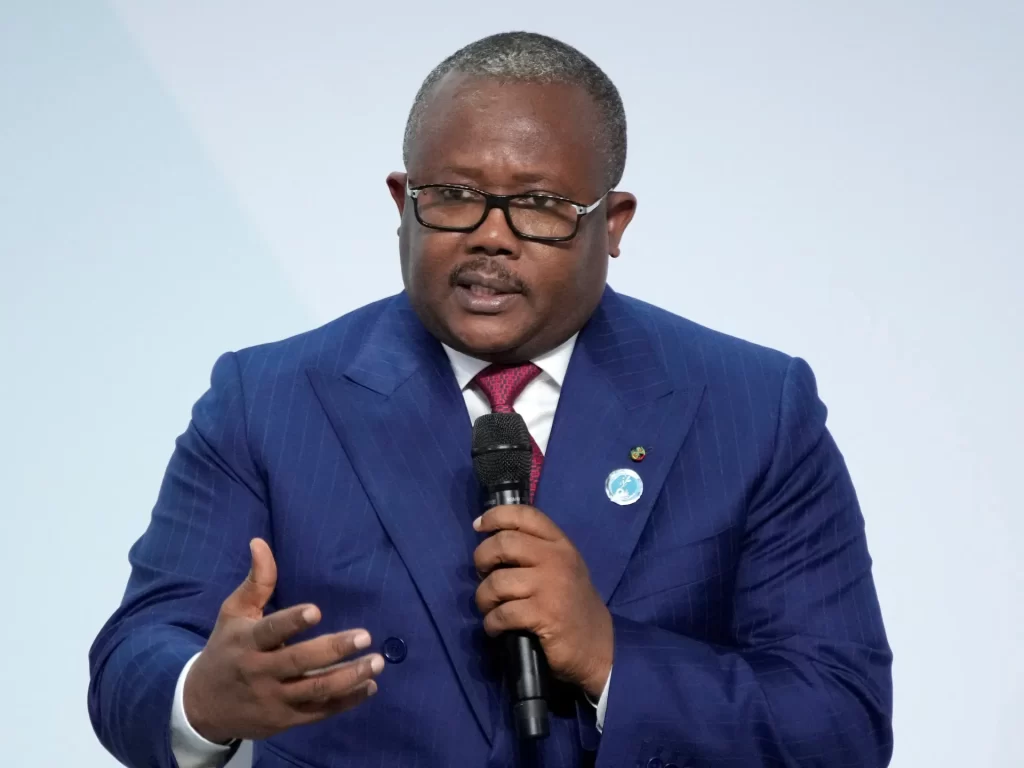In a surprising turn of events, Guinea Bissau’s President Umaro Cissoko Embalo announced Thursday that he will not seek re-election in the upcoming November polls, potentially triggering a power vacuum in the politically volatile West African nation.

Embalo, 51, who has led the country since January 2020, made the unexpected declaration at the conclusion of a council of ministers meeting. The president, who defeated his main rival Domingos Simoes Pereira with 54% of the vote in the last election, cited personal reasons for his decision.
“My wife has dissuaded me from running again,” Embalo stated, adding an unexpected twist to the country’s political landscape. He also took the opportunity to rule out certain opposition figures as potential successors, specifically naming Pereira, Braima Camara, and Nuno Gomes Na Bian, though he did not elaborate on these exclusions or suggest a preferred candidate.
Embalo’s presidency has been marked by political turbulence, characteristic of Guinea Bissau’s post-independence history. Since gaining independence from Portugal in 1974, the country of approximately two million people has experienced frequent coups and political unrest. Embalo himself claims to have survived two coup attempts during his tenure, the most recent occurring in December 2023.

The president’s decision not to seek re-election comes at a critical juncture for Guinea Bissau:
1. Political Instability: Embalo inherited a long-running political impasse and has twice dissolved parliament during his term, most recently in December 2023 following the alleged coup attempt.
2. Constitutional Challenges: His efforts to consolidate power by changing the country’s semi-presidential system were thwarted after the May 2022 legislative elections, which he called following his first dissolution of parliament.
3. Systemic Issues: Guinea Bissau’s current political system, where the majority party or coalition appoints the government but the president can dismiss it under certain circumstances, has often led to deadlock and instability.
4. Economic and Security Concerns: The country has struggled with economic development and has emerged as a significant cocaine trafficking hub. Just days before Embalo’s announcement, police seized 2.63 tons of cocaine from a Venezuelan plane, highlighting ongoing security challenges.
Embalo, a former army general who served as prime minister under his predecessor Jose Mario Vaz, came to power promising stability and development. However, his tenure has been marked by political maneuvering and allegations of power consolidation attempts.
The president’s decision not to run opens up the field for potential candidates, but also raises concerns about the continuity of governance in a country that has struggled to maintain political stability. The exclusion of key opposition figures from Embalo’s list of potential successors adds another layer of complexity to the upcoming electoral process.
As Guinea Bissau prepares for the November elections, the international community will be watching closely. The country’s strategic location in West Africa and its recent history of political volatility make the upcoming transition of power a matter of regional and international concern.
Political analysts suggest that Embalo’s announcement could lead to a reshuffling of political alliances and the emergence of new candidates in the coming months. The challenge for Guinea Bissau will be to navigate this transition while maintaining stability and addressing the pressing economic and security issues facing the nation.
Credit: Reuters



